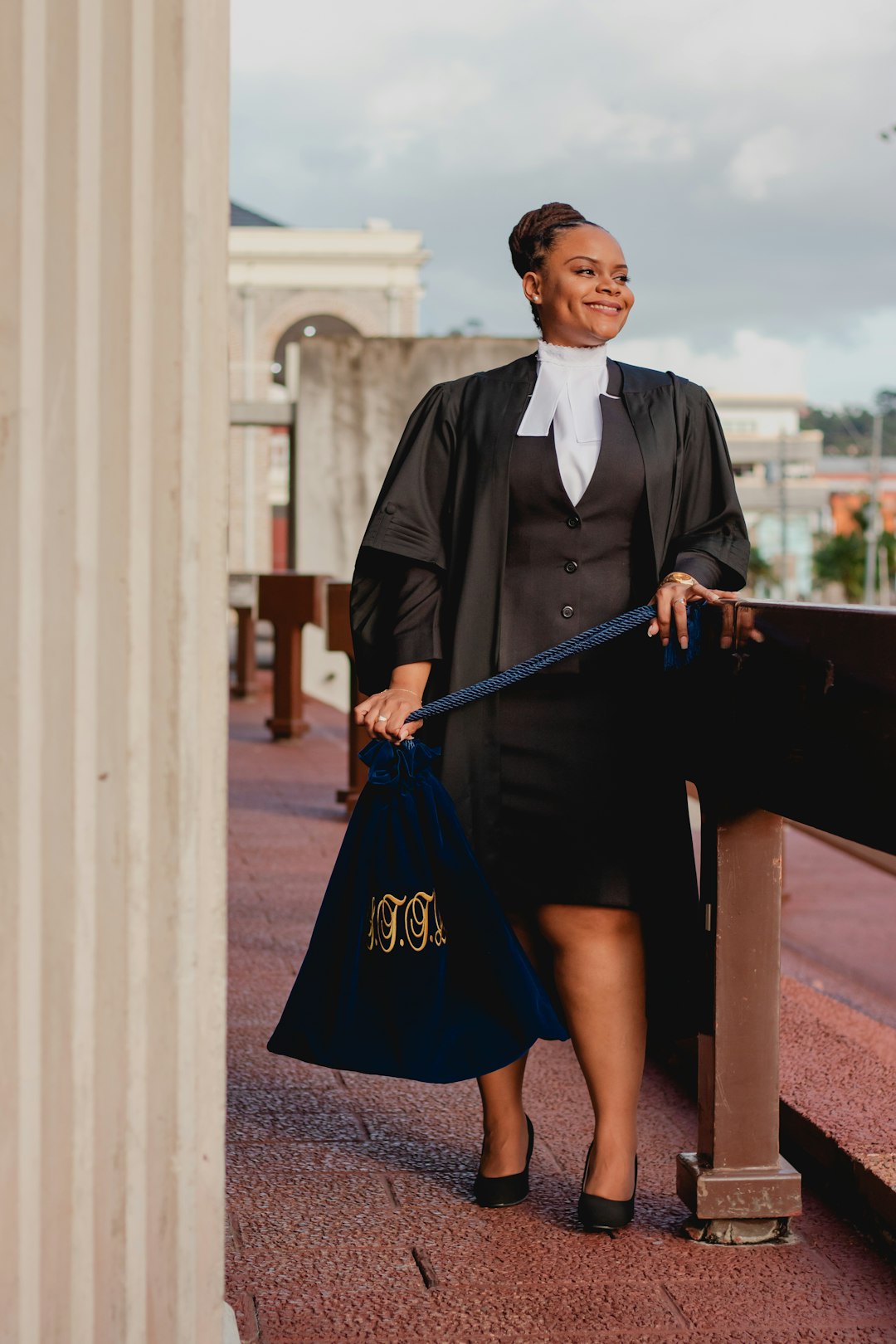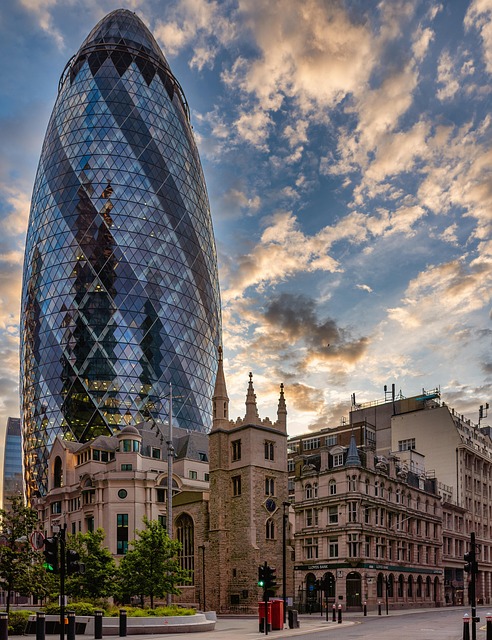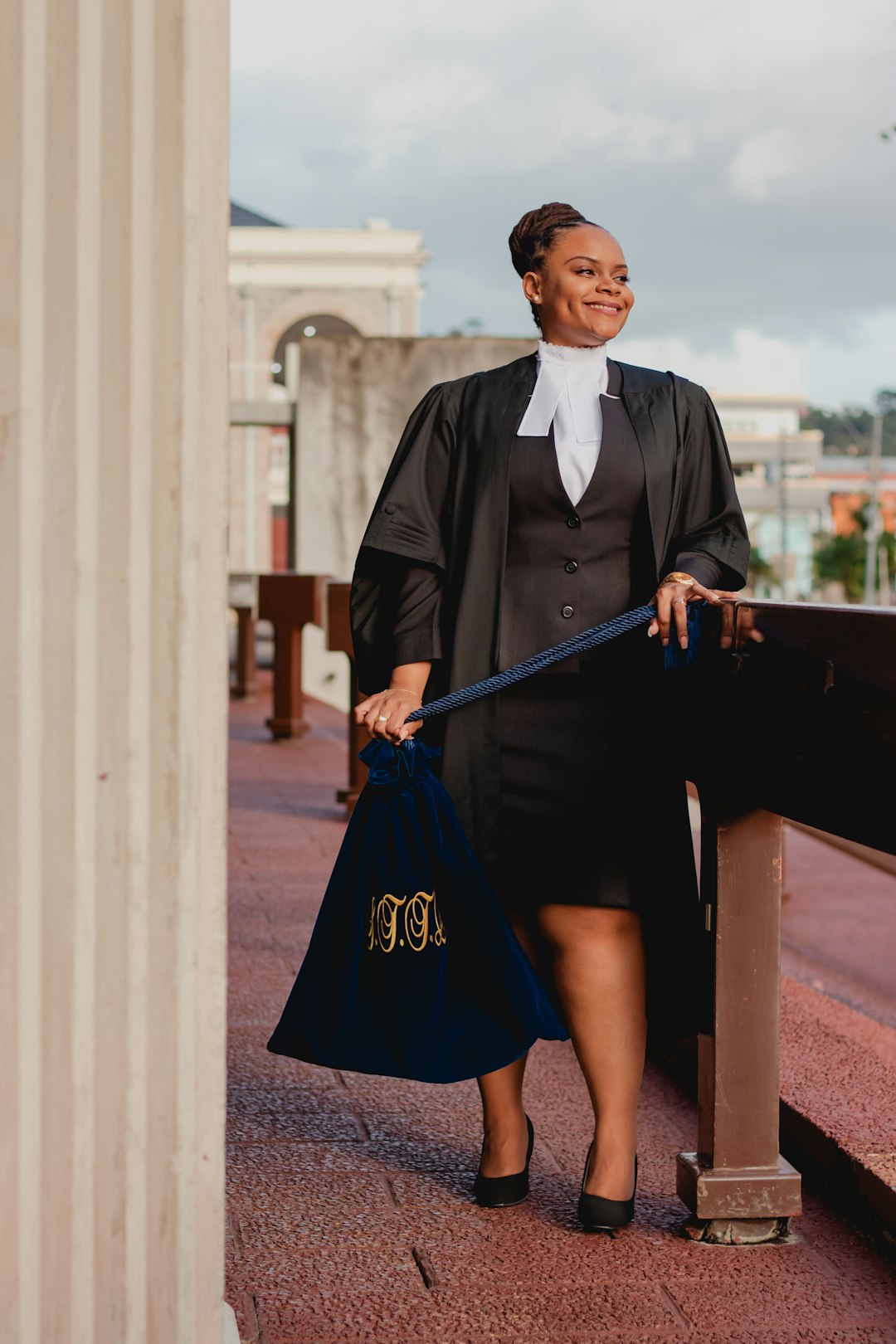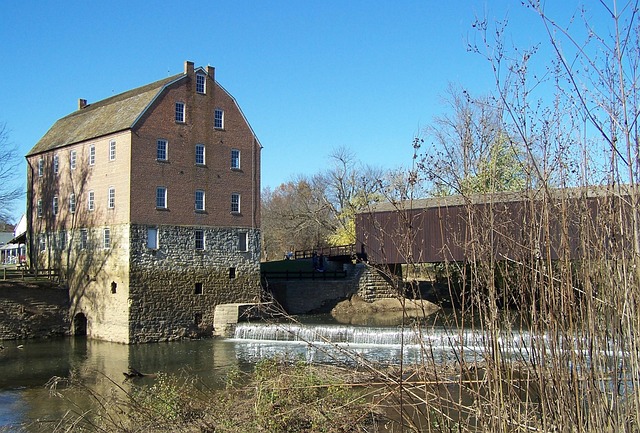St. Louis's vibrant nightlife faces sexual assault challenges, prompting action from venue owners and patrons. Key strategies include staff training, security measures, patron education, and collaboration with sexual assault attorneys St. Louis MO for legal support. By implementing these steps, venues can create a culture of safety, protect attendees, and adhere to Missouri laws, ensuring a vibrant yet secure nightlife experience for all.
In the vibrant nightlife of St. Louis, creating safe spaces is paramount to ensuring the well-being of its diverse community. However, concerns regarding sexual assault and harassment persist, requiring a nuanced approach. As a city that values inclusivity, it’s imperative to explore strategies that foster secure environments, especially for vulnerable populations. This article delves into the critical issue, offering insights on how St. Louis nightlife venues can become havens of safety. By examining best practices and leveraging expertise from professionals, including sexual assault attorneys in St. Louis MO, we aim to equip venue owners and patrons with knowledge to combat these pervasive challenges effectively.
Understanding Nightlife Risks in St. Louis

The vibrant nightlife scene in St. Louis attracts locals and visitors alike, offering a diverse range of venues from cozy bars to lively clubs. However, amidst the excitement, it’s crucial to acknowledge and address potential risks that patrons may face, particularly concerning personal safety. Sexual assault has been a growing concern in urban nightlife settings, and St. Louis is not immune to this challenge. According to recent statistics, incidents of sexual misconduct in public places have led many individuals to seek justice with the help of legal professionals, including sexual assault attorneys St. Louis MO.
Navigating these risks requires a multi-faceted approach. Venue owners and staff play a pivotal role in fostering safer environments. Implementing robust security measures, such as well-trained bouncers and surveillance systems, can deter potential attackers and enable quicker response times. Additionally, promoting responsible serving of alcohol is essential; overconsumption often impairs judgment and increases the likelihood of attacks. Staff should be educated to recognize signs of intoxication and take appropriate action to ensure customer safety.
A comprehensive strategy involves empowering patrons as well. Awareness campaigns that educate individuals about their rights and available resources can encourage victims to come forward. The presence of clearly marked safe zones or emergency contact points within venues can provide immediate assistance. Furthermore, training staff to recognize and respond to suspicious behavior can create a more proactive safety net. By combining these efforts, St. Louis can strive to create a nightlife culture that prioritizes the well-being and security of its attendees.
Creating Safer Environments: Venue Responsibilities

Creating safe environments within nightlife venues is a multifaceted responsibility that falls on both businesses and patrons alike. St. Louis, with its vibrant nightclub scene, must prioritize the well-being of its visitors, especially in addressing critical issues like sexual assault. According to recent data from local authorities, incidents of sexual misconduct in entertainment districts have prompted a call for action. A sexual assault attorney in St. Louis MO highlights the need for venues to implement robust safety measures and train staff on prevention protocols.
Venue operators must adopt a proactive approach by integrating security personnel at entry points and throughout the establishment. These guards should be trained in conflict de-escalation, recognizing potential red flags, and responding to emergencies. Additionally, utilizing technology like clear, well-lit spaces and cameras can deter potential perpetrators while enabling quicker intervention from staff. Many successful strategies involve active crowd control techniques and designated safe zones, ensuring patrons feel secure enough to enjoy their evening without fear of harassment or assault.
Regular training sessions for employees are essential. Staff should be equipped with the knowledge to identify suspicious behavior, understand consent dynamics, and handle situations involving intoxicated individuals. Encouraging open communication fosters an environment where patrons feel comfortable reporting any incidents immediately. Collaboration with local law enforcement and crisis centers can further strengthen these measures. By taking these proactive steps, St. Louis nightlife venues can significantly contribute to creating a safer atmosphere for all, potentially reducing instances of sexual assault and fostering a more enjoyable experience for the community.
Legal Aspects with a Sexual Assault Attorney St. Louis MO

The vibrant nightlife of St. Louis presents a mix of entertainment and potential risks, particularly regarding personal safety. As venues cater to diverse crowds, ensuring a secure environment is paramount. One critical aspect often overlooked is the legal framework surrounding sexual assault within these spaces. A sexual assault attorney St. Louis MO can offer invaluable guidance and support when navigating such complex issues.
In recent years, there has been growing awareness of the prevalence of sexual assaults in public places, including bars and clubs. Missouri law provides specific provisions to address these crimes, offering survivors legal recourse. The role of a sexual assault attorney is to interpret and enforce these laws, ensuring justice for victims. For instance, a successful case could lead to venue liability if it’s proven that staff negligence or inadequate security measures contributed to the incident.
Venue operators in St. Louis are increasingly recognizing their responsibility to create safe spaces. This includes implementing security protocols, training staff on prevention and response, and promoting awareness among patrons. Collaboration with local legal experts, such as sexual assault attorneys St. Louis MO, can help establish comprehensive safety programs. By staying informed about evolving legislation and best practices, venues can better protect themselves and their customers from potential legal repercussions and ensure a safer environment for all.
Practical steps include regular security assessments, emergency response planning, and clear communication strategies. Venue managers should also foster an open dialogue with patrons, encouraging reporting of any concerning behavior. By adopting these measures, St. Louis nightlife venues can contribute to a culture of safety and accountability, making it a more enjoyable experience for everyone while adhering to the legal obligations set forth by a sexual assault attorney St. Louis MO and Missouri state laws.
Training and Education for Staff and Patrons

Creating safe spaces within St. Louis’s nightlife requires a collective effort to educate both staff and patrons about sexual assault prevention. This includes comprehensive training programs that go beyond basic safety protocols, focusing on recognizing potential red flags, responding to incidents effectively, and fostering an environment of consent and respect. A significant step forward involves employing specialized sexual assault attorneys in St. Louis, MO, who can collaborate with venue owners to develop and implement robust educational initiatives.
Staff training should cover a range of topics, such as identifying drunken patrons at risk, understanding power dynamics, and recognizing the signs of non-consensual behavior. Regular workshops and simulations can help staff members feel prepared to handle sensitive situations. For instance, role-playing scenarios where staff practice refusing service or assisting intoxicated individuals while ensuring their safety can significantly impact real-life decision-making. Additionally, training should emphasize the importance of active bystander intervention—encouraging patrons to step in when they witness inappropriate behavior.
Patron education is equally vital. Venues can organize informative sessions on consent, promoting healthy relationships, and recognizing the signs of sexual assault. These initiatives aim to empower individuals to make informed choices while out and about. For example, hosting workshops during peak hours could engage patrons in open discussions about responsible drinking, consent, and the role they play in creating a safe environment. By combining staff and patron education, St. Louis’s nightlife venues can collectively contribute to reducing sexual assaults and fostering a culture of safety and respect.
Resources and Support for Survivors in St. Louis

St. Louis, a vibrant city with a thriving nightlife, has made significant strides in creating safe spaces for its residents and visitors. However, ensuring the well-being of survivors of sexual assault remains a paramount concern. To this end, various resources and support systems have been established across the city, offering crucial assistance to those who have experienced trauma. One vital aspect is the availability of legal aid, where organizations partner with sexual assault attorneys in St. Louis, MO, to provide pro bono services. These attorneys play a critical role in guiding survivors through legal processes, ensuring their rights are protected and offering closure through justice.
The city’s nightlif venues, recognizing their responsibility, have implemented measures to foster a secure environment. Many bars and clubs now employ trained staff members who can identify potential issues and offer assistance. For instance, some establishments have introduced discreet signals or codes that patrons can use to alert staff if they feel unsafe. This initiative, coupled with regular training on recognizing and responding to sexual harassment and assault, has created a more awareness-oriented atmosphere. Additionally, local non-profit organizations conduct workshops and campaigns to educate both employees and customers about consent, personal boundaries, and available support services.
Beyond legal aid and venue safety protocols, St. Louis boasts a robust network of advocacy groups dedicated to assisting survivors. These organizations provide confidential counseling, support groups, and practical assistance in navigating the aftermath of sexual assault. By offering a safe space for healing and recovery, they empower individuals to rebuild their lives and assert control over their experiences. It is through these collective efforts that St. Louis continues to evolve into a more inclusive and supportive destination, where everyone can enjoy the city’s vibrant nightlife without compromising their safety or well-being.
About the Author
Dr. Emma Johnson is a renowned safety consultant and author with over 15 years of experience in the nightlife industry. She holds a Master’s degree in Public Safety Management and is certified in Risk Assessment and Emergency Planning. As a contributing writer for Forbes, Emma offers valuable insights on creating safe spaces within St. Louis’ vibrant nightlife venues. Her expertise lies in designing comprehensive security strategies, ensuring patrons’ well-being without compromising the venue’s unique atmosphere. She is actively engaged in industry discussions on LinkedIn.
Related Resources
Here are some authoritative resources for an article on “Safe Spaces in St. Louis Nightlife Venues”:
St. Louis City Health Department (Government Portal): [Offers local health regulations and guidelines relevant to nightlife venues.] – https://www.stlouis-mo.gov/health
University of Missouri-St. Louis Research Library (Academic Study): [Provides academic research on public safety and community wellness in urban settings.] – https://library.umsl.edu/
Nightlife Safety Association (Industry Organization): [Offers insights, best practices, and resources for creating safe environments in nightlife venues worldwide.] – https://nightlifesafety.org/
St. Louis Post-Dispatch (Local News Source): [Covers local issues, including initiatives focused on public safety and community engagement in St. Louis.] – https://www.stltoday.com/
National Institute of Mental Health (Government Research Institution): [Provides scientific research and resources related to mental health and safe spaces for vulnerable populations.] – https://www.nimh.nih.gov/
St. Louis Metropolitan Community College (MCC) (Community Resource): [Offers programs and initiatives focused on community safety, wellness, and education within the local community.] – https://www.mcc.edu/






